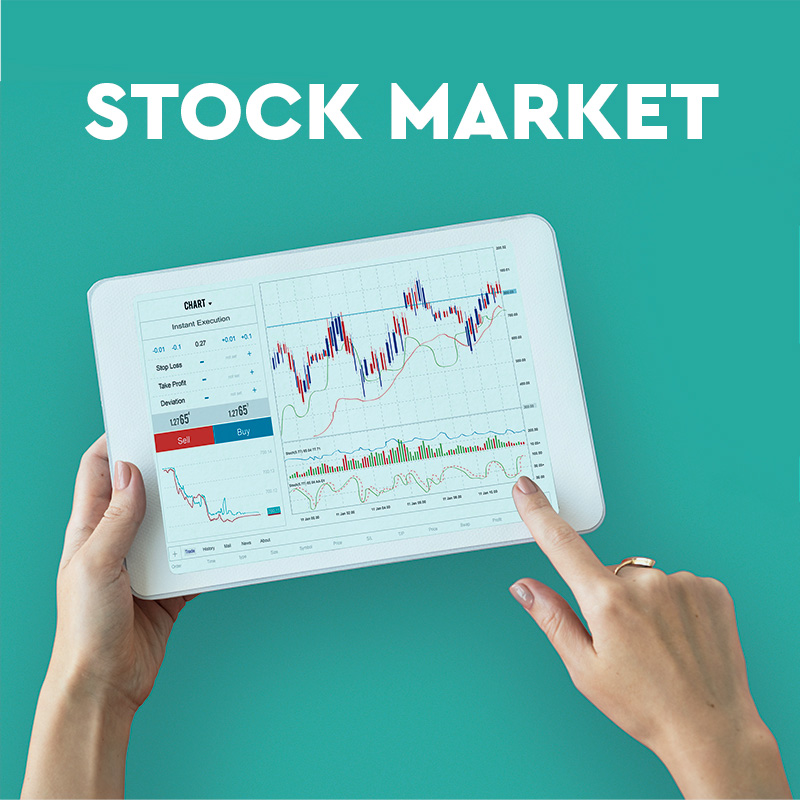What are the different types of stocks?
There are several different types of stocks, including:
- Common Stock: Common stock is the most common type of stock that a company issues. It represents ownership in a company and gives shareholders voting rights and the potential for dividends.
- Preferred Stock: Preferred stock is a type of stock that usually pays a fixed dividend and has priority over common stock when it comes to receiving dividends and liquidation proceeds. However, preferred stockholders generally do not have voting rights.
- Blue-chip Stock: Blue-chip stocks are shares of established, financially stable companies with a long track record of stability and reliability. They are typically considered less risky compared to other types of stocks and are often associated with large-cap companies.
- Small-cap Stock: Small-cap stocks are shares of smaller companies with smaller market capitalization, generally ranging from a few hundred million to a few billion dollars. They are typically considered more volatile and higher risk compared to blue-chip stocks, but they can also offer higher potential returns.
- Growth Stock: Growth stocks are shares of companies that are expected to grow at an above-average rate compared to the overall market. These companies typically reinvest their earnings into expanding their business rather than paying out dividends, and they can be more volatile but offer higher potential for capital appreciation.
- Value Stock: Value stocks are shares of companies that are considered undervalued by the market based on fundamental analysis, such as low price-to-earnings (P/E) ratios or price-to-book (P/B) ratios. These stocks are often associated with mature companies that may have stable earnings and pay dividends.
- Dividend Stock: Dividend stocks are shares of companies that regularly pay out dividends to their shareholders. These stocks are often sought after by investors seeking regular income from their investments, and they are typically associated with mature, stable companies with consistent cash flows.
- Penny Stock: Penny stocks are shares of low-priced, small-cap companies that are traded at a relatively low price per share, often below $5. They are considered highly speculative and risky, as they can be more susceptible to price manipulation and have lower liquidity compared to other types of stocks.
- Cyclical Stock: Cyclical stocks are shares of companies whose performance is closely tied to the business cycle or economic conditions. These stocks tend to perform well during economic expansions and poorly during economic contractions. Examples of cyclical stocks include companies in industries such as automotive, construction, and consumer discretionary.
- Defensive Stock: Defensive stocks are shares of companies whose performance is less affected by changes in the business cycle or economic conditions. These stocks tend to perform relatively well during economic downturns, as they are associated with industries such as healthcare, utilities, and consumer staples, which are considered essential regardless of economic conditions.
Which are the most popular?
The popularity of different types of stocks in trading can vary depending on various factors, including market conditions, investor preferences, and investment strategies. However, some of the most popular types of stocks for trading are:
- Common Stocks: Common stocks are widely traded in stock markets and are popular among traders due to their liquidity and potential for capital appreciation. Common stocks often have higher trading volumes, which can provide ample trading opportunities for short-term or long-term traders.
- Blue-chip Stocks: Blue-chip stocks, which are shares of established, financially stable companies with a long history of stability, are popular among traders due to their perceived lower risk compared to other types of stocks. These stocks are often associated with large-cap companies that are considered leaders in their respective industries, and they may be favored by traders seeking more stable and less volatile investments.
- Growth Stocks: Growth stocks, which are shares of companies expected to grow at an above-average rate, can be popular among traders due to their potential for significant price appreciation. These stocks are often associated with technology, biotechnology, and other high-growth sectors, and they may be attractive to traders seeking higher risk-reward opportunities.
- Small-cap Stocks: Small-cap stocks, which are shares of smaller companies with smaller market capitalization, can be popular among traders seeking higher volatility and potential for higher returns. These stocks are often associated with more aggressive trading strategies and can offer more significant price movements compared to larger, more established companies.
- Penny Stocks: Penny stocks, which are shares of low-priced, small-cap companies, can be popular among traders seeking speculative opportunities with the potential for quick gains. These stocks are often associated with higher risk due to their lower liquidity and increased susceptibility to price manipulation, but they can also offer high volatility and trading opportunities for experienced traders.
- Day Trading Stocks: Day trading stocks, which are stocks bought and sold within the same trading day, can be popular among short-term traders seeking to capitalize on intraday price movements. These stocks are often selected based on factors such as liquidity, volatility, and trading volume, and traders may use technical analysis and other short-term trading strategies to identify potential opportunities.


Which stocks are the most volatile?
Historically, stocks that are considered highly volatile include technology stocks, small-cap stocks, emerging market stocks, biotechnology and pharmaceutical stocks, and energy stocks. Technology companies, especially those in high-growth sectors like software, biotechnology, and semiconductors, are known for their rapid changes and competitive pressures, which can result in high volatility. Small-cap stocks, which are stocks of smaller companies with lower market capitalization, may be more susceptible to changes in market conditions and have higher uncertainty. Emerging market stocks can be volatile due to factors like political instability and currency fluctuations. Biotechnology and pharmaceutical stocks can be affected by regulatory approvals and clinical trial results, while energy stocks are often impacted by oil prices, geopolitical tensions, and regulatory changes. However, it’s important to note that volatility can change over time and can vary depending on various factors.

Which are the most traded?
The most traded stocks can vary over time and are influenced by factors such as market conditions, investor sentiment, and the popularity of specific companies. However, some stocks are generally known for their high trading volumes and liquidity. Here are a few examples:
- Apple Inc. (AAPL): Apple is one of the world’s largest technology companies, known for its iPhone, Mac, and other consumer electronics products. The stock is frequently traded due to its market capitalization and widespread investor interest.
- Amazon.com Inc. (AMZN): Amazon is a multinational e-commerce and technology company, offering a wide range of products and services. Its stock is highly traded, reflecting the company’s dominant position in the online retail and cloud computing industries.
- Microsoft Corporation (MSFT): Microsoft is a global technology company known for its software products, including the Windows operating system and Office productivity suite. The stock is popular among investors due to Microsoft’s strong financial performance and diversified product portfolio.
- Facebook, Inc. (FB): Facebook is a leading social media company that owns popular platforms such as Facebook, Instagram, WhatsApp, and Messenger. The stock attracts significant trading volume due to its global user base and its role in the digital advertising industry.
- Tesla, Inc. (TSLA): Tesla is an electric vehicle manufacturer and clean energy company. The stock has gained significant attention and trading volume in recent years, reflecting the growing interest in electric vehicles and renewable energy.
- Alphabet Inc. (GOOGL/GOOG): Alphabet is the parent company of Google, the world’s most widely used search engine. The company also operates other businesses such as YouTube, Google Cloud, and Waymo. Alphabet’s stock is frequently traded due to its strong market presence and influence in the technology sector.

